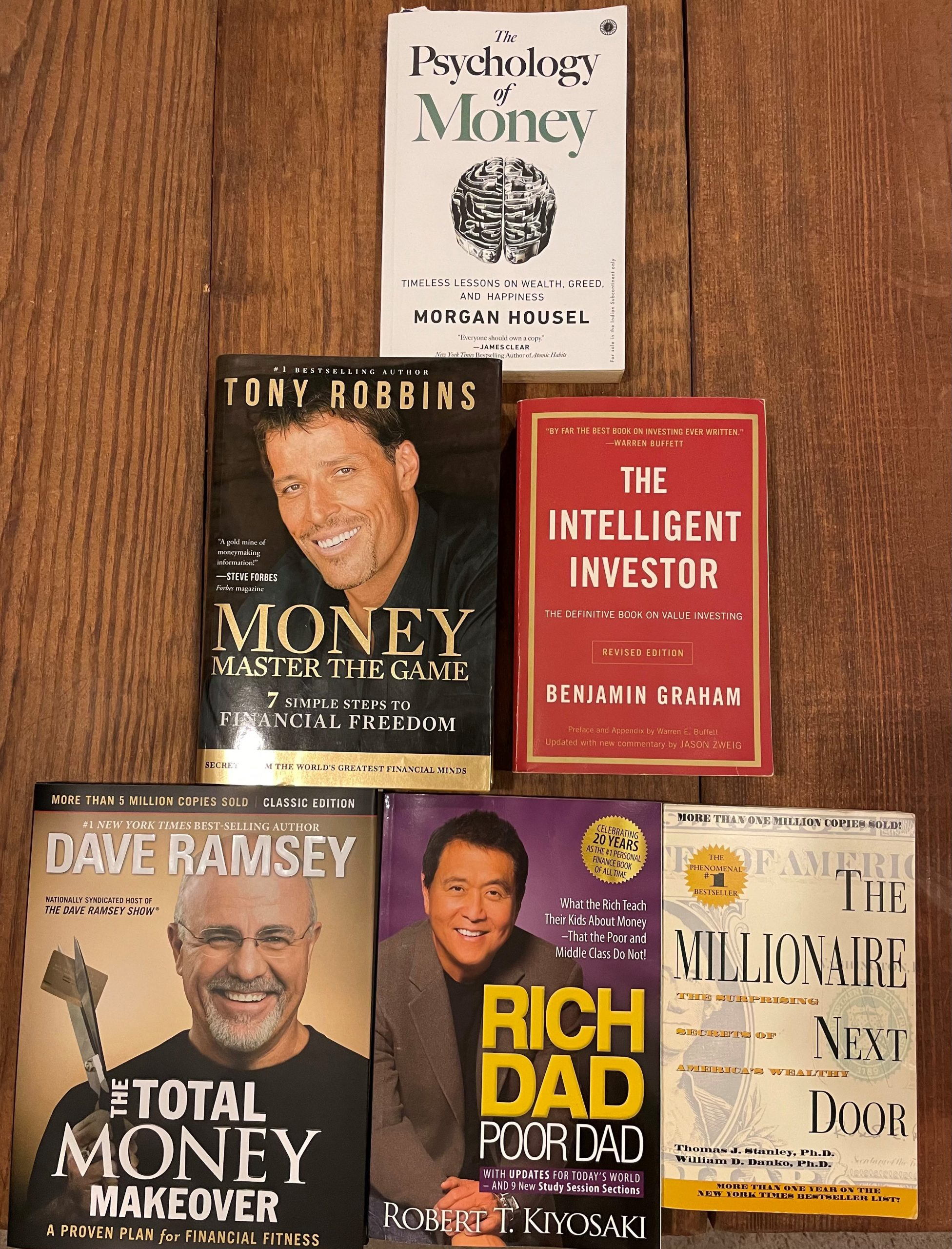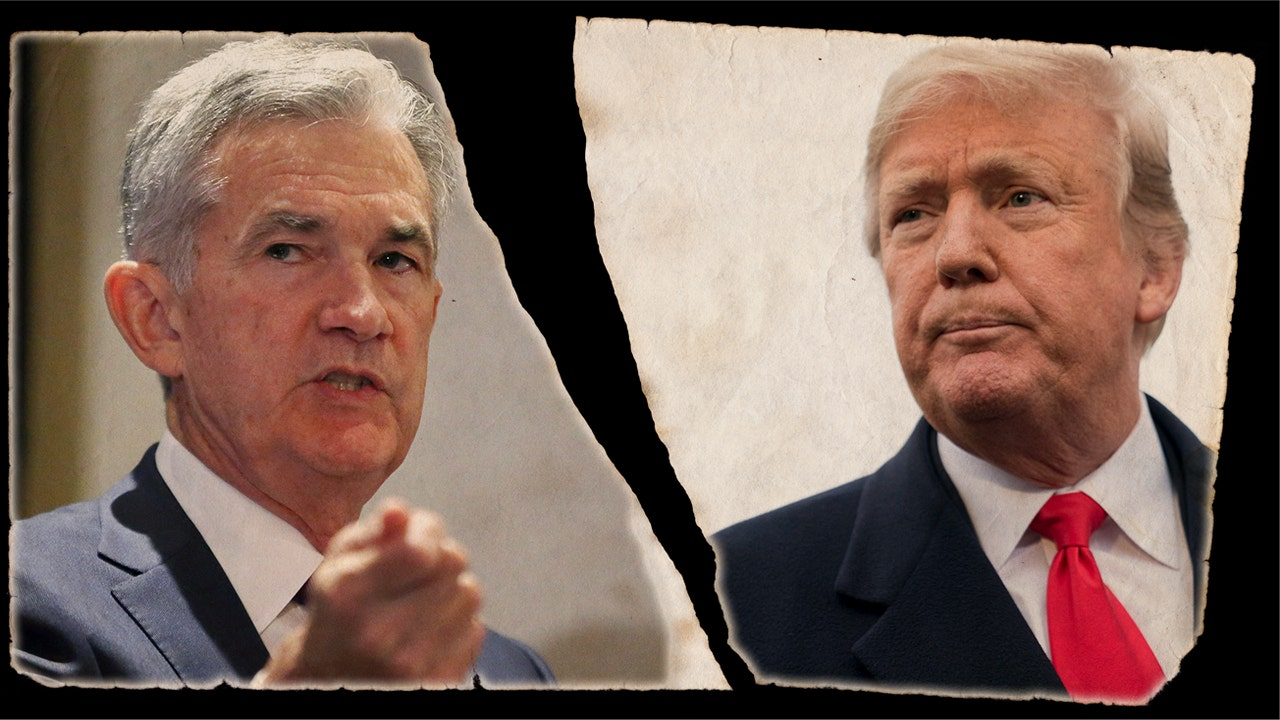When it comes to mastering financial concepts, there’s no shortage of informative and inspiring books about money. These enriching texts can empower readers with essential financial literacy, guiding them toward better money management and investment strategies. From classic economic books recommendations to the best books about finance available today, a wide array of resources can meet the needs of both novices and seasoned investors alike. Whether you’re seeking advice on personal budgeting or an understanding of the global financial landscape, transitioning into the world of finance can be significantly supported by the insight provided in books on economics and money. Readers looking to enhance their economic acumen will find that exploring the top books on money management can transform their financial life and decision-making skills.
Delving into the realm of financial knowledge, many seek out literature that enhances their understanding of wealth and expenditure. Resources ranging from financial education guides to insightful economic narratives present a treasure trove of information for those eager to learn. Engaging with writings that emphasize money’s role in society and personal prosperity not only enlightens readers but also equips them with tools for effective fiscal stewardship. By exploring critical analyses of economic systems and thoughtfully crafted financial advice, individuals can gain a comprehensive grasp of how money functions within various contexts. Ultimately, these invaluable writings become essential companions on the reader’s journey toward financial empowerment.
Essential Reads: Books About Money
Understanding money is crucial in today’s economic landscape, and there are numerous books that can serve as valuable resources. Among these, ‘Money’ by Jacob Goldstein stands out as an engaging history that not only explores what money is but also delves into the fallacies of various currencies that once aspired to hold value. This book illustrates the journey of different forms of money throughout history, providing readers with insights into financial literacy and the evolution of economic systems.
Another significant title is ‘The Future of Money’ by Eswar S. Prasad, offering a comprehensive examination of cryptocurrencies and how they might reshape monetary policies. With the rise of digital currencies, understanding their potential impact on traditional finance and the economy as a whole is more important than ever. This book highlights the importance of being financially literate in a time of rapid economic transformation.
Top Books on Money Management
Effective money management is key to financial success, and there are several books that can equip individuals with essential skills. One such title is ‘The Ascent of Money’ by Niall Ferguson, which intertwines the history of finance with personal stories, leading to a deeper understanding of debt, investment, and management strategies. Ferguson’s engaging narrative not only educates but also entertains, making it a must-read for anyone looking to enhance their financial management capabilities.
Another recommendation is ‘Money Mischief’ by Milton Friedman, a seminal work that explores the concept of monetarism and its implications for the economy. This book not only covers theoretical aspects but also provides practical insights into managing money effectively over time, making it relevant for both novices and seasoned financial enthusiasts.
Insights from Financial Literacy Books
Financial literacy is foundational to personal and societal economic stability, and various books have tackled this pressing issue. ‘Career and Family’ by Claudia Goldin is an essential read, particularly for those interested in the intersection between women’s career aspirations and economic realities. Goldin’s research illuminates the challenges many face in achieving a balance between work and family in a monetarily driven society, fostering a broader understanding of economic implications on daily life.
Additionally, ‘The Curse of Cash’ by Kenneth Rogoff brings a unique perspective by exploring the history and future of currency from coins to digital forms. Rogoff critically examines how cash handles intricate economic functions, emphasizing the importance of adapting to evolving monetary landscapes. Such knowledge is vital for enhancing one’s financial literacy, ensuring that readers are well-prepared for future economic changes.
Economic Books Recommendations for All Audiences
When it comes to exploring economic concepts, there’s a wealth of books suited for various audiences. ‘The Only Game in Town’ by Mohamed A. El-Erian provides a thorough analysis of central banking practices post-financial crisis, making complex economic policy easily digestible. This book is especially beneficial for those seeking to understand the intricacies of monetary policy and its broader economic effects, paving the way for informed discussions about money management in everyday life.
For enthusiasts of biographical narratives intertwined with economic principles, ‘Ben Franklin: An American Life’ by Walter Isaacson is a fascinating read. Franklin’s innovative contributions to finance and his prescient ideas about currency resonate through time, making this book both an engaging story of a remarkable figure and an exploration of fundamental economic ideas relevant to today’s discussions about money.
Discovering the Best Books About Finance
Finding the best books about finance can significantly boost an individual’s understanding of money management and investment strategies. Titles like ‘The Price of Peace’ by Zachary D. Carter provide a dual narrative of John Maynard Keynes’s life and his economic theories that shaped modern fiscal policy. Understanding Keynesian economics is crucial for anyone looking to grasp the complexities of both historical and current financial systems.
Moreover, ‘The Forgotten Financiers of the Louisiana Purchase’ by Larry Neal opens a door into lesser-known financial histories, teaching readers about the funding mechanisms behind significant historical events. This helps build a foundational understanding of financial systems that influence today’s economy, reinforcing the notion that historical context is instrumental in grasping contemporary financial challenges.
The Evolution of Money: A Historical Perspective
Examining the evolution of money offers valuable lessons from history that are pertinent to today’s economic climate. Books like ‘Money’ by Jacob Goldstein highlight the progression of currency, revealing how misconceptions about money have led to both triumphs and failures. This historical perspective is crucial for understanding current financial dilemmas, as it emphasizes the recurring themes of human behavior related to money.
Additionally, ‘The Ascent of Money’ by Niall Ferguson lightly touches on global financial systems, providing insights into how past decisions influence present economies. Understanding this continuity helps readers appreciate the complexities of today’s financial markets, offering a broader context for managing personal investments and financial wellness.
Developing a Financial Mindset through Literature
Developing a keen financial mindset begins with the literature we consume. Books such as ‘Money Mischief’ by Milton Friedman not only discuss the effects of government policies on money supply but also encourage critical thinking about monetary theories. Such insights help cultivate a proactive mindset among readers, preparing them to navigate the complexities of the financial world confidently.
On a similar note, ‘The Future of Money’ by Eswar Prasad invites readers to think critically about emerging financial technologies such as cryptocurrencies. This forward-looking perspective is essential for anyone wanting to stay ahead in an ever-evolving financial landscape, fostering an adaptability that can lead to successful money management.
Practical Applications from Economic and Financial Books
Engaging with economic and financial literature can have practical applications in daily financial decision-making. For instance, ‘The Only Game in Town’ by Mohamed A. El-Erian details the central bank’s role in shaping economic policy, which can inform readers’ understanding of market conditions and their impact on personal finance decisions. Awareness of these dynamics allows individuals to make informed investment choices and financial plans.
Similarly, ‘The Curse of Cash’ by Kenneth S. Rogoff discusses the implications of a cashless society and the future of transaction technologies. Readers gain clarity on how evolving payment systems may affect their purchasing habits and savings strategies, emphasizing the need for adaptability in personal finance management.
Building Wealth through Knowledge: Financial Books Worth Reading
Building wealth is a journey that often starts with self-education, particularly through financial books. Titles like ‘Career and Family’ by Claudia Goldin address the balance of personal aspirations against economic realities, providing wisdom that can lead to improved life choices and financial stability. The lessons learned from such books encourage readers to think long-term about their careers and how they impact financial health.
In addition, works like ‘The Forgotten Financiers of the Louisiana Purchase’ offer insights into the foundational aspects of economic transactions that can shape contemporary understanding of wealth. By learning from the past, readers can identify effective strategies for creating and sustaining wealth in today’s economy.
Frequently Asked Questions
What are some recommended books about money for improving financial literacy?
There are several excellent financial literacy books to consider, such as ‘Money’ by Jacob Goldstein, which provides an entertaining history of currency, and ‘Career and Family’ by Claudia Goldin, highlighting women’s economic challenges and success.
Which are the best books about finance for understanding economic principles?
To understand economic principles, ‘The Price of Peace’ by Zachary D. Carter offers insights into Keynesian economics, while ‘The Ascent of Money’ by Niall Ferguson weaves history with finance in an engaging narrative.
Can you suggest top books on money management for beginners?
For beginners in money management, ‘The Only Game in Town’ by Mohamed A. El-Erian explains central banking intricacies, and ‘Money Mischief’ by Milton Friedman reveals fundamental concepts in an entertaining format.
What economic books recommendations are essential for grasping the future of money?
For insights into the future of money, ‘The Future of Money’ by Eswar S. Prasad examines cryptocurrencies and digital currencies, making it a must-read. Additionally, ‘The Curse of Cash’ by Kenneth S. Rogoff discusses the evolution of currency.
What books on economics and money should I read for a broader understanding of finance?
To gain a broader understanding of finance, consider ‘Ben Franklin: An American Life’ by Walter Isaacson, which highlights Franklin’s role in currency innovation, and ‘The Forgotten Financiers of the Louisiana Purchase’ by Larry Neal for historical financial insights.
| Book Title | Author | Key Points |
|---|---|---|
| Money | Jacob Goldstein | An entertaining history of money and failed currencies. |
| The Future of Money | Eswar S. Prasad | Balanced view of cryptocurrencies and central banks’ digital currencies. |
| Money Mischief | Milton Friedman | Historically significant writings on monetarism. |
| The Price of Peace | Zachary D. Carter | Biography of Keynes showcasing money’s impact on economy. |
| The Ascent of Money | Niall Ferguson | History of finance from ancient times to today. |
| The Only Game in Town | Mohamed A. El-Erian | Explains central banking post-financial crisis and quantitative easing. |
| Ben Franklin: An American Life | Walter Isaacson | Franklin’s role as a money innovator and printer. |
| The Curse of Cash | Kenneth S. Rogoff | Discusses evolution from cash to digital currencies. |
| The Forgotten Financiers of the Louisiana Purchase | Larry Neal | Explores financial aspects behind the Louisiana Purchase. |
| Career and Family | Claudia Goldin | Examines challenges faced by educated women balancing career and family. |
Summary
Books about money can offer profound insights into the intricate relationship between finance and society. The recommendations from Harvard economists like Claudia Goldin and Jason Furman highlight essential works that dissect not only the history and evolution of money but also the contemporary challenges posed by digital currencies. By exploring these texts, readers can gain valuable understandings that could assist them in navigating the complex world of economics and making informed financial decisions.



